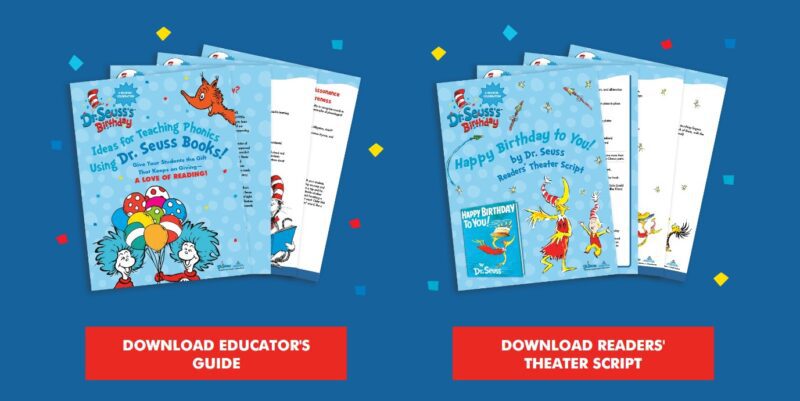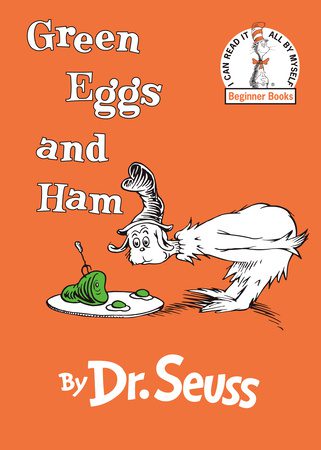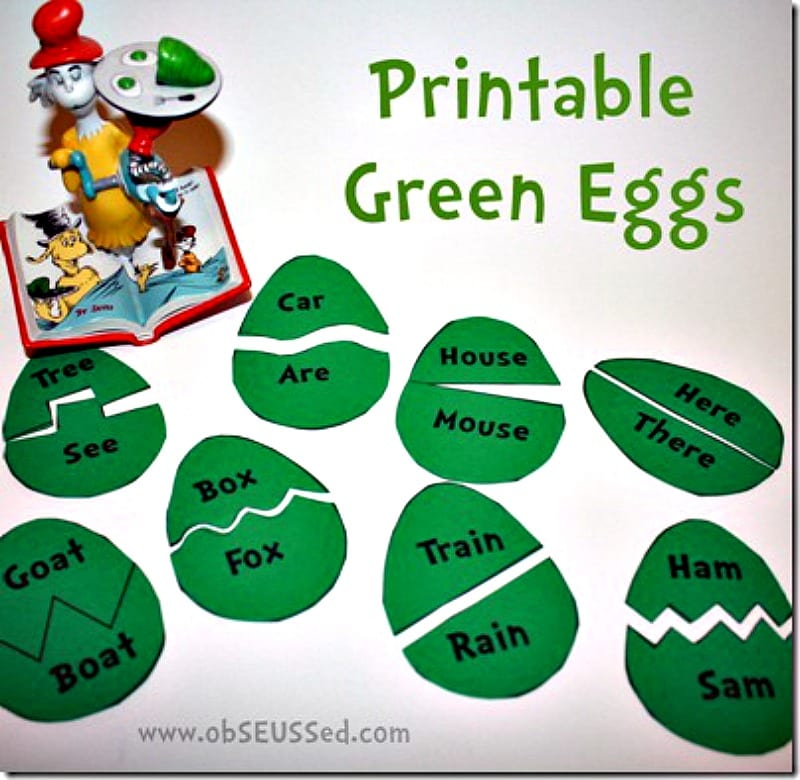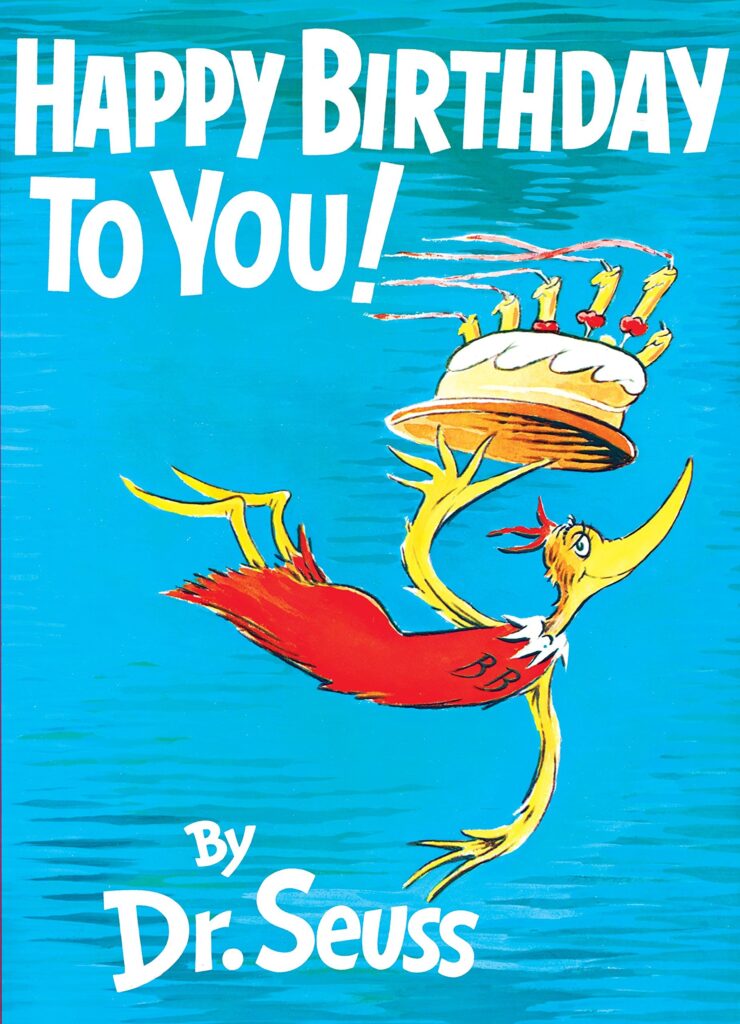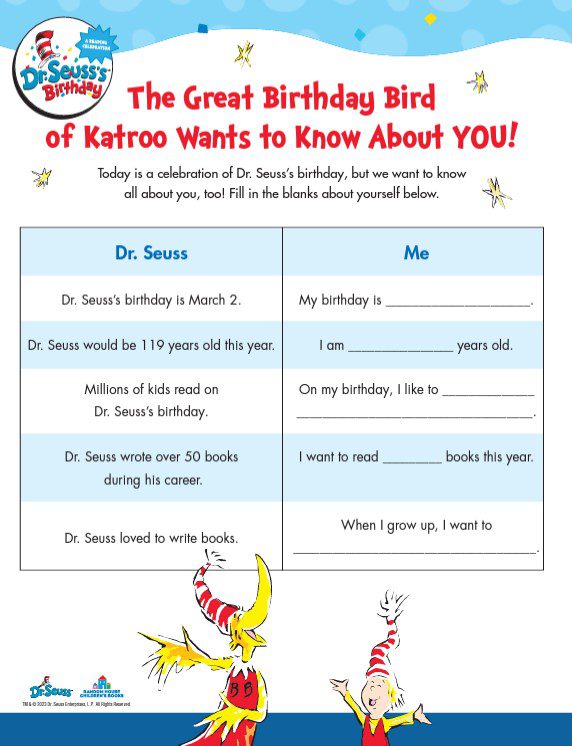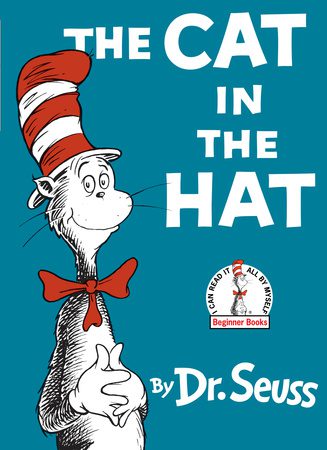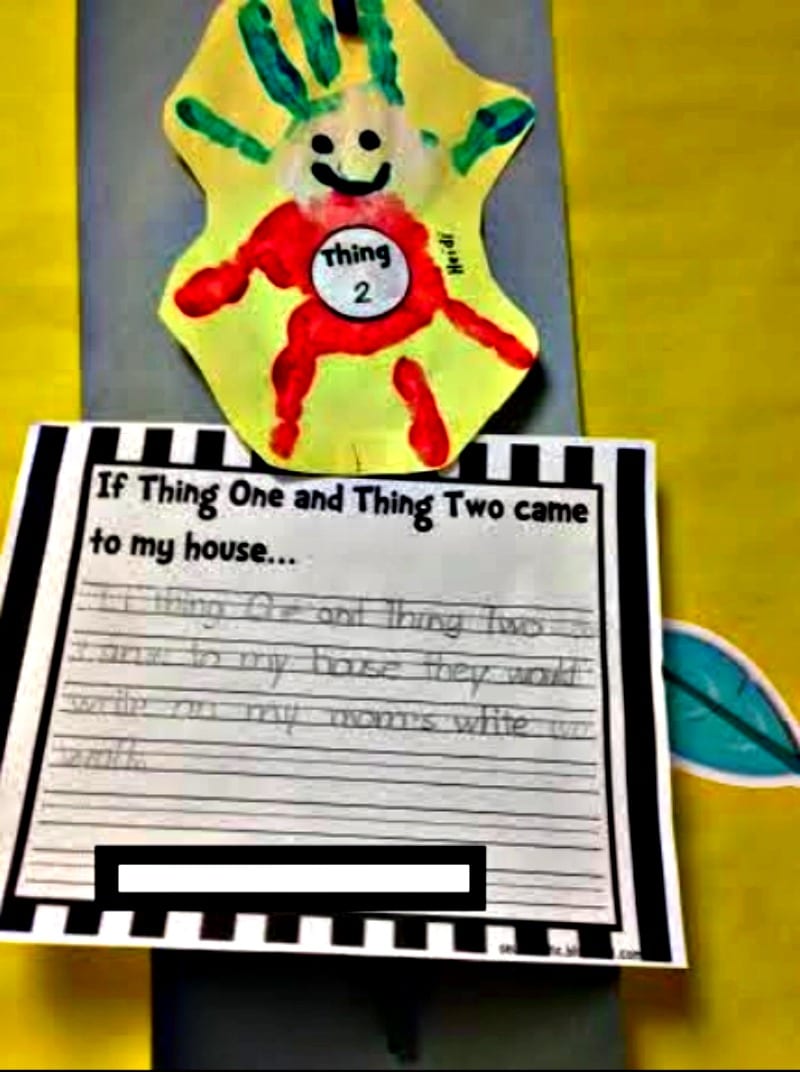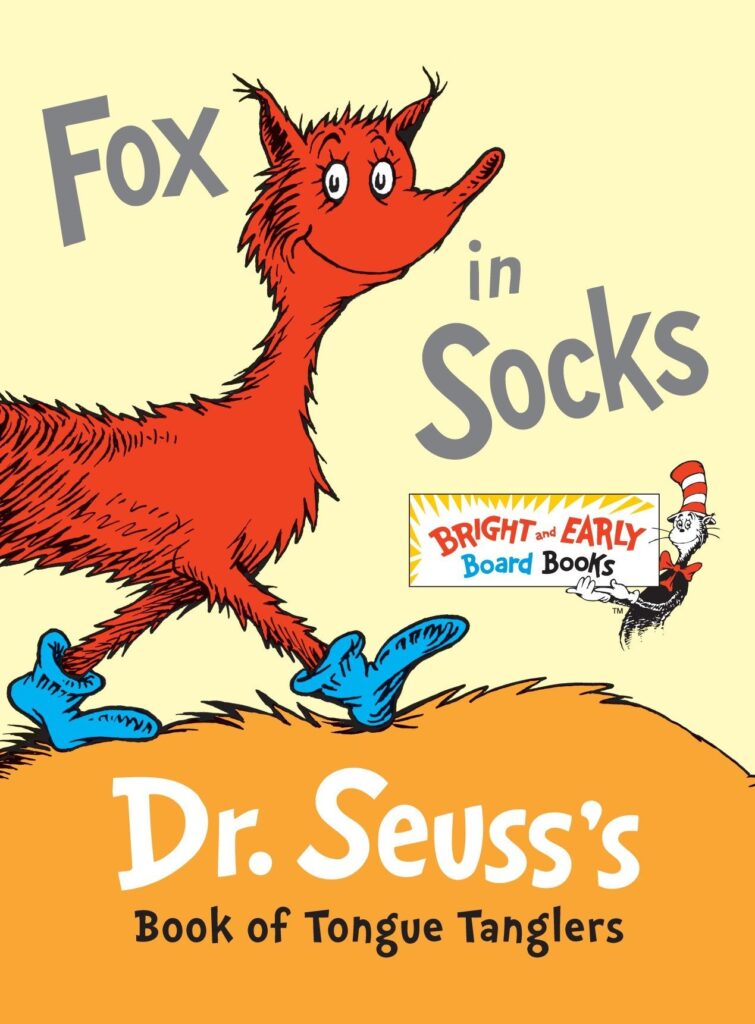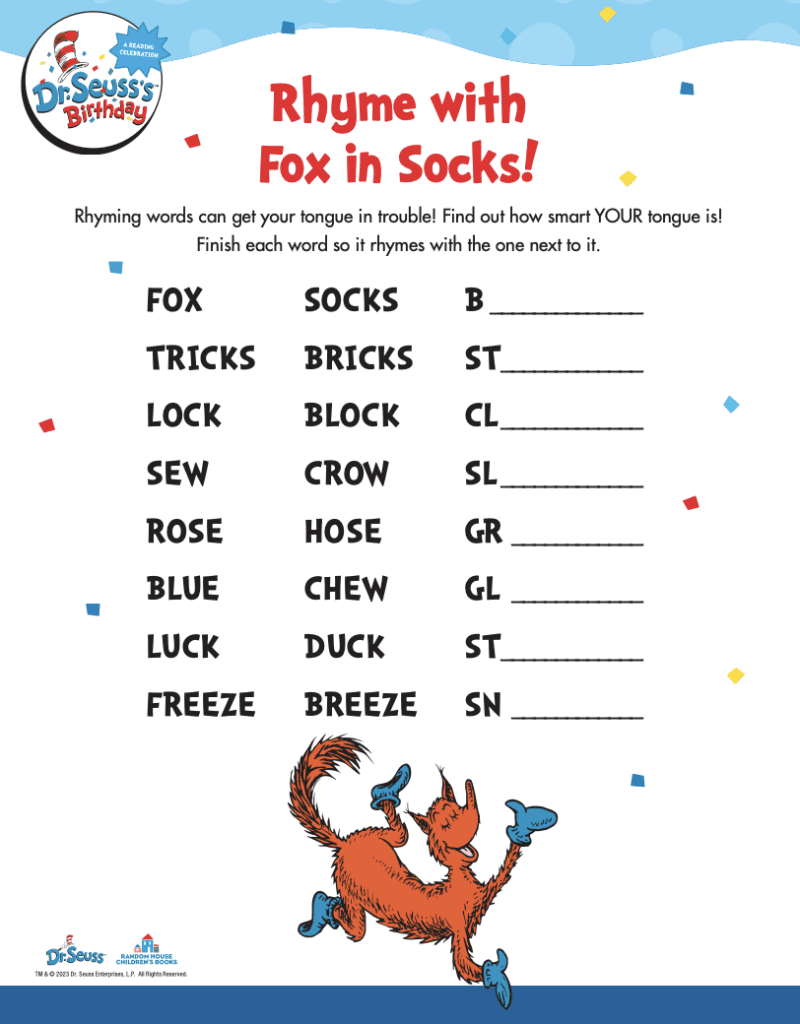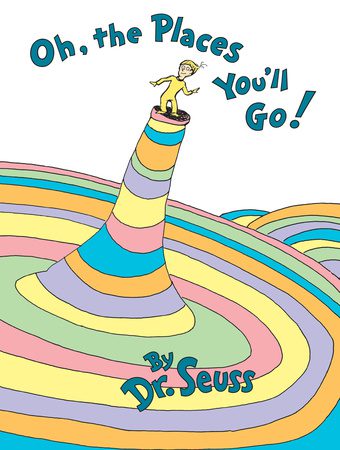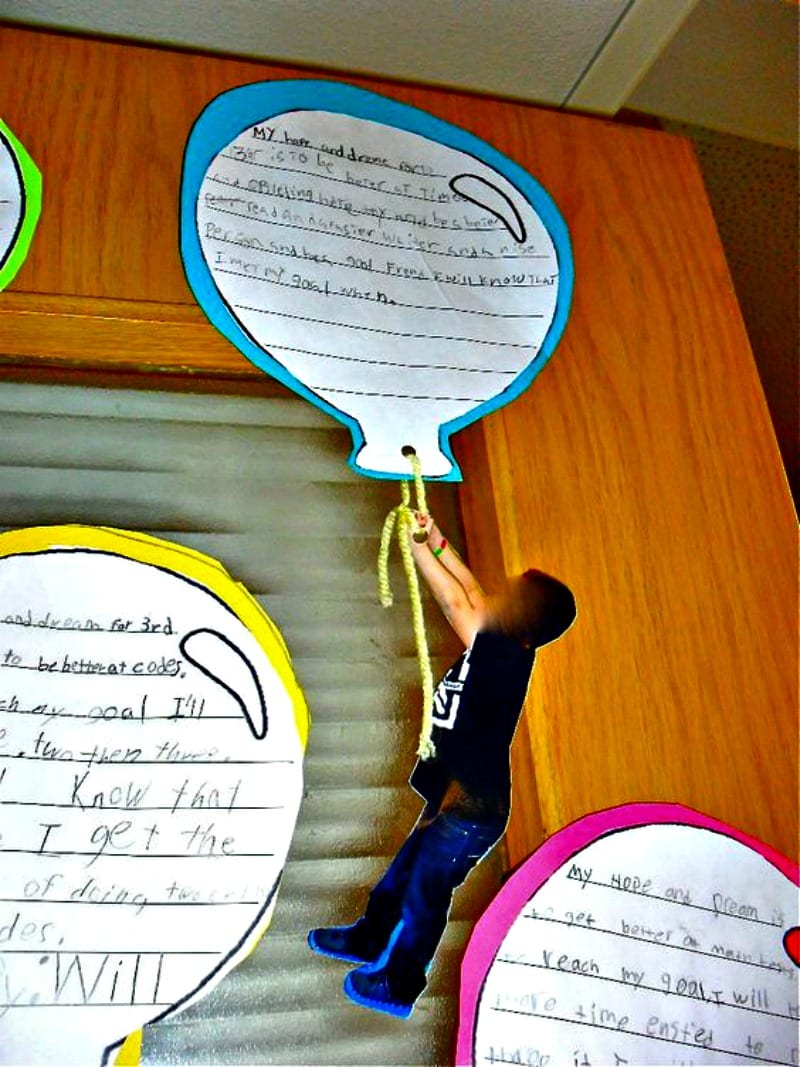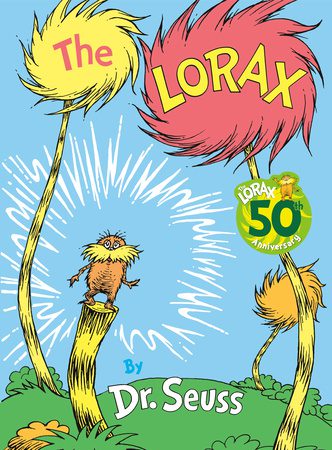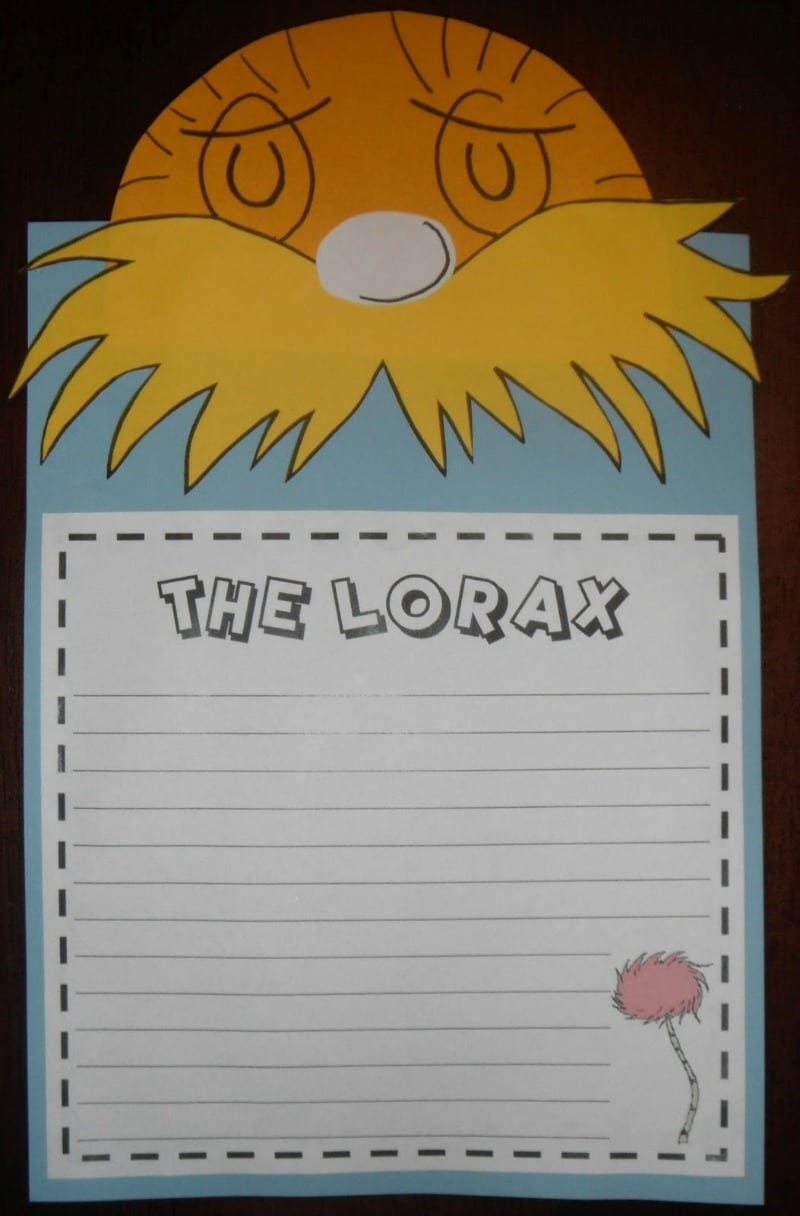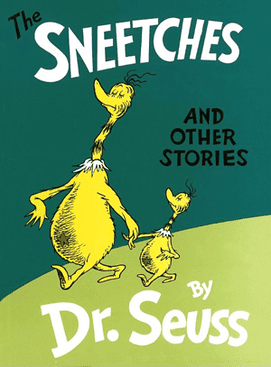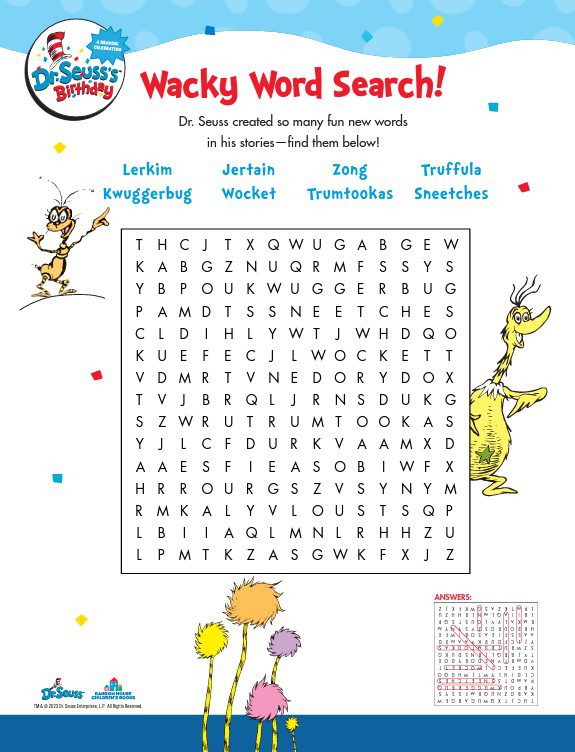Did you know? In the mid-1950s, Dr. Seuss’ editor challenged him to write a story that first graders couldn’t put down using only the words on a teacher-approved limited vocabulary list. Today, educators and families still use Dr. Seuss books to support beginning readers. Take a peek at the Dr. Seuss activities below for some fun ideas for using Dr. Seuss books in your classroom!
Inside the guide, you’ll find ideas for teaching:
- Rhyme, Alliteration, and Assonance
- Phonological Awareness
- Syllables
- Alphabetic Principle
- Sight Words
- Onset, Rime, and the Silent E
- Fluency
- Suffixes, Prefixes, and Root Words
Then, make rhyming eggs:
Source: Obseussed
Practice finding and putting together rhyming eggs from the story. There are two versions of this lesson. You can use green colored paper or plastic Easter eggs.
Then, have students write about their own birthday celebrations:
Students will enjoy comparing their birthday facts and traditions with Dr. Seuss.
Then, write your own Thing 1 and Thing 2 story:
Source: First Grade Is a Hoot
Kids can create their own Thing 1 or Thing 2 by using two different colors of paint and their own handprints. Attach a label to the Thing’s belly and allow it to dry. Cut out and attach the Thing to a large sheet of construction paper. For the writing, have students brainstorm what they would do if the Things came to visit them at their house. Go through the writing and editing process with them. Attach their final copies to a large piece of construction paper and display them proudly.
4. Keep track of all of the books you’ve read
Get your free Dr. Seuss–themed reading tracker from Random House Children’s Books, and your class can keep track of the books they read in 2023, including their ratings on a five-star scale. What a fun way to remember their favorite reads!
Then find the related rhyming words:
This free printable encourages students to practice ending rhyming sounds from the book Fox in Socks. It’s just one of the Dr. Seuss activities in this free guide from Random House Children’s Books.
Then, float away with a hot-air-balloon story.
Source: The Tenacious Teacher
Hopefully after reading this story, your students will be very inspired and motivated! Capture this feeling with a writing activity in which they can express their hopes for the future. Create the adorable hot-air-balloon display by tracing the template onto colored paper, attaching string. Most fun of all, take and develop photos of your students posing as if they are holding a giant string. Put it all together and display your airborne kids all around the room or on your classroom door!
Then, write about saving the Earth.
Source: The Teaching Bug
Using this template, give students time to create their own Lorax mini-poster. Then give them the following prompt: If I were the Lorax, this is how I would help our Earth. … You may want to have a group discussion first to chart ideas or have them work with a partner or small group. Lead them through the writing and editing process. Finally, display their final pieces—maybe with a giant Truffula tree in the middle! This is also a great activity to do for Earth Day.
8. Read The Sneetches and Other Stories
Then, talk about Dr. Seuss’ use of inventive language.
Dr. Seuss invented many fun words in his stories, from “wocket” to “trumtookas.” Talk with students about what some of these silly words mean and what they add to the story. Then encourage them to search for Seuss’ made-up words from The Sneetches in this free word search.
Don’t forget to check out the free activity guide and free guide for using Dr. Seuss to teach phonics from our friends at Random House Children’s Books!


